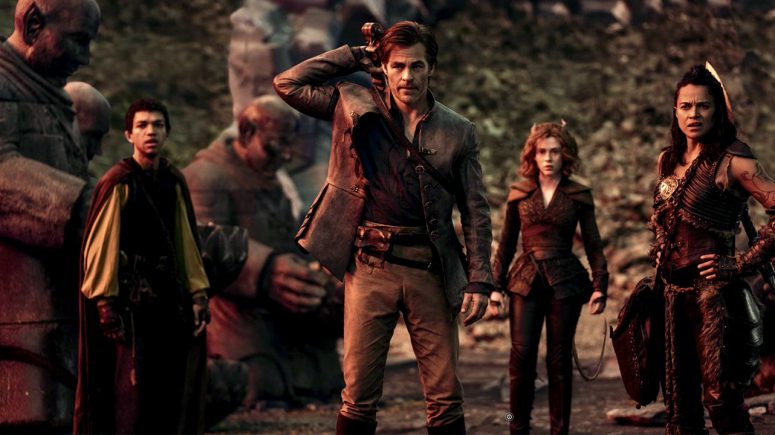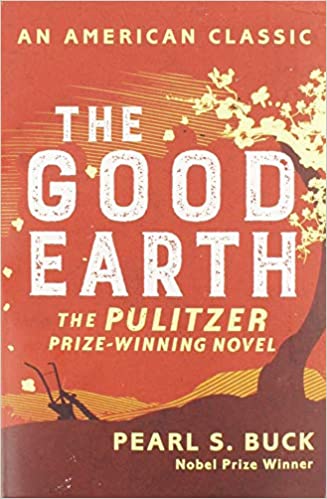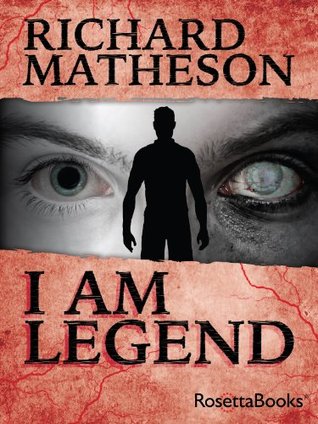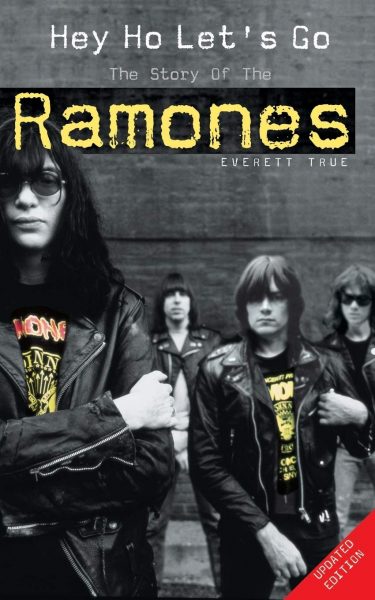
The cinematic offspring of Princess Bride plus Guardians of the Galaxy with a hint of Bill & Ted’s Excellent Adventure. Bonus points for the Tame Impala credit song. I highly recommend it. ★★★★☆
 I recently finished reading The Good Earth by Pearl Buck. It was the best-selling book in America in 1931.
I recently finished reading The Good Earth by Pearl Buck. It was the best-selling book in America in 1931.
Despite being nearly 100 years old, I found both the writing and story to be a fascinating inside look into Chinese culture, as observed by the author who lived in the country for many years with her missionary parents.
While reading the book, these adages quickly came to mind: “History repeats” and “You can’t always get what you want.” I also came up with another: “Corrupt culture corrupts men faster than usual.”
Rating: ★★★★☆
These were my favorite passages:
- Moving together in a perfect rhythm, without a word, hour after hour, he fell into a union with her which took the pain from his labor. He had no articulate thought of anything; there was only this perfect sympathy of movement, of turning this earth of theirs over and over to the sun, this earth which formed their home and fed their bodies and made their gods.
- But out of the woman’s great brown breast the milk gushed forth for the child, milk as white as snow, and when the child suckled at one breast it flowed like a fountain from the other, and she let it flow. There was more than enough for the child, greedy though he was, life enough for many children, and she let it flow out carelessly, conscious of her abundance. There was always more and more. Sometimes she lifted her breast and let it flow out upon the ground to save her clothing, and it sank into the earth and made a soft, dark, rich spot in the field. The child was fat and good-natured and ate of the inexhaustible life his mother gave him.
- He belonged, not to this scum which clung to the walls of a rich man’s house; nor did he belong to the rich man’s house. He belonged to the land and he could not live with any fullness until he felt the land under his feet and followed a plow in the springtime and bore a scythe in his hand at harvest.
- Then in this city out of which something new was always springing at him, Wang Lung saw another new thing he did not understand.
- But over the fields and the water the moonlight hung, a net of silver mist, and in his body his blood ran secret and hot and fast.
- But O-lan returned to the beating of his clothes and when tears dropped slowly and heavily from her eyes she did not put up her hand to wipe them away; only she beat the more steadily with her wooden stick upon the clothes spread over the stone.
- Then the good land did again its healing work and the sun shone on him and healed him and the warm winds of summer wrapped him about with peace.
- Now five years is nothing in a man’s life except when he is very young and very old.
- Wang Lung felt as though air and sunlight had been suddenly cut off because of the numbers of grey men tramping heavily and in unison through the town.
- There was the third son to wed one day soon, and with that over there was nothing left to trouble him in his life, and he could be at peace. But there was no peace.
 I finished Richard Matheson’s engrossing 100 page I Am Legend recently. Published in the 1950s and made into several film adaptations, the book is about the last man living after a vampires take over the world.
I finished Richard Matheson’s engrossing 100 page I Am Legend recently. Published in the 1950s and made into several film adaptations, the book is about the last man living after a vampires take over the world.
Like many classic books, the plot just limped to its ending. For that I deduct one full star, but the other four are gripping. These were my favorite passages:
- There was no sound but that of his shoes and the now senseless singing of birds. Once I thought they sang because everything was right with the world, Robert Neville thought. I know now I was wrong. They sing because they’re feeble-minded.
- He put the drink down on the table. I don’t need it, he thought. My emotions don’t need feeding any more. I don’t need liquor for forgetting or for escaping. I don’t have to escape from anything. Not now.
- All these books, he thought, the residue of a planet’s intellect, the scrapings of futile minds, the leftovers, the potpourri of artifacts that had no power to save men from perishing.
- He suddenly realized that he had become an ill-tempered and inveterate bachelor again. He no longer thought about his wife, his child, his past life. The present was enough. And he was afraid of the possible demand that he make sacrifices and accept responsibility again.
 I’ve been on a Ramones kick lately. Love their Beach Boys-like melodies, upbeat songs, and humorous lyrics—not to mention their invention of the genre that made me pick up a guitar and start writing songs (punk rock).
I’ve been on a Ramones kick lately. Love their Beach Boys-like melodies, upbeat songs, and humorous lyrics—not to mention their invention of the genre that made me pick up a guitar and start writing songs (punk rock).
This week I finished reading Hey Ho Let’s Go: The Story of The Ramones by British journalist Everett True. It’s an honest, compelling, and telling read about a “dysfunctional family who still loved each other.” As drummer Marky Ramone explains it, “We were brothers – brothers fight. They make movies out of it. That’s how it is.”
Highly recommended. ★★★★☆ These were my favorite passages:
- The Ramones had to work for a living. They were a real touring band. The Ramones took their thing to each person individually through the years and that’s why we’re talking about them now.
- Although driving five or more hours a day, weeks on end, in a van with someone you never speak to, might seem like a good enough reason to quit. But then, loads of people are in jobs they hate, and stay in them for long past 20 years.
- Even if it was just going back to the hotel, they would stop at a 7–11. To get cookies, milk, something for the hotel room. It was always nice, you know… Pizza was the only ritual before show time – just plain cheese, the round ones, nothing extra. They’d always ask for it on the rider, and be very upset if it wasn’t there.
- They were always bitter about the success they didn’t have. They didn’t have the hit record. They didn’t get the respect for starting punk rock. They didn’t get the respect they deserved for this, that and the other. They were so concerned with what was written about them and their image, unlike any band I’ve ever seen.
- The Ramones represent the truth of the fact that you’re never too old to rock’n’roll as long as you believe in what you’re doing, and you can do it with a purity and conviction. The age of your band is irrelevant. Rock’n’roll is not for the young. It’s for people who refuse not to give a shit.
- As you or I might love the Ramones, Johnny and Joey loved the Ramones more than any of us could even comprehend. They wanted the Ramones’ legacy to be pure. We will all miss Johnny, Joey and Dee Dee very much. And we all wish we could see them together, just one last time.



 I finished Richard Matheson’s engrossing 100 page
I finished Richard Matheson’s engrossing 100 page 